Brain Injury Awareness Month During COVID-19
As we enter the third month of 2021, a quick scroll through my news feed on social media this morning reminded me of two unrelated facts: March is Brain Injury Awareness month; and it’s been almost a year since the coronavirus pandemic altered all of our lives.
Just as I can’t speak to the experience of every brain injury survivor, I’m sure we’ve all been uniquely affected while living through these strange times. In fact, although I’m sure we can all agree that things are “different,” the changes haven’t been entirely good or bad, nor have they been entirely positive or negative for all (and certainly not equally so).
Despite these variations in lived experiences, a common theme I’ve heard among people is that they’re feeling disconnected — whether it’s the distance between friends and family, the loss of activity-based social circles, or the absence of communal learning and working. This lack of interpersonal connection can be jarring. Come to think of it, this feeling of lost connection is eerily similar to the sentiment often found among recent brain injury survivors.
As a traumatic brain injury (TBI) survivor myself, I’ve been fortunate to take part in Krempels Center’s Community Education group based in Portsmouth, NH. The group’s members, with the help of KC staff and interns, connect with organizations in the area to discuss TBIs, as well as the Krempels Center’s amazing community-based program. Speaking with different populations, most often students of various ages, typically generates quite a few audience inquiries. Some questions are pretty specific to each survivor’s injury or recovery, but the question most often asked is, “How would you describe your experience overall?” For me, this is a tough one: I mean, how do I relay that just about every factor of my life changed in an instant?
Brain injuries are often described as “invisible injuries” because, for some survivors, the effects cannot be seen, as in before-and-after pictures. Come to think of it, the emotional impact of that drastic, all-encompassing shift from pre- to post-injury life reminds me of these crazy times we entered a year ago. Following a brain injury, generally what changes most is the way an altered survivor interacts with the world; During this pandemic, everyone’s mode of interaction with others and the world around them has changed too.
Acquired brain injuries (ABI) can be caused by different things like trauma, tumor, or stroke, and their effects on a person’s life can vary. But in every case, the survivor’s life is changed forever. It’s almost embarrassing to admit, but despite having two grandfathers who survived strokes, it wasn’t until after I sustained a TBI that the term “brain injury” was even on my radar. I’ve since been blessed to develop many friendships with fellow survivors and have begun to understand just how widespread ABIs really are. Recent statistics from BIAUSA (Brain Injury Association of America) show that an American sustains a brain injury every nine seconds — that’s more than 3.6 million new injuries per year.
Now more than ever, I hope we can all remember to support each other during this unusual and stressful period of time. The support of friends and family has been amazing through my personal experience of living both through my TBI and the COVID-19 era.
I also have to take a moment to acknowledge Krempels Center and the virtual programming it offers to the members of its powerful community. While nothing can replicate the warmth and acceptance found among members on KC’s physical campus, Krempels’ virtual programming has kept its members connected — survivors learning to live as people forever changed in a totally new world.
RAWZ is proud to donate a portion of our profits to organizations working with BI survivors, including Krempels Center. You can read more about The RAWZ Fund here.






